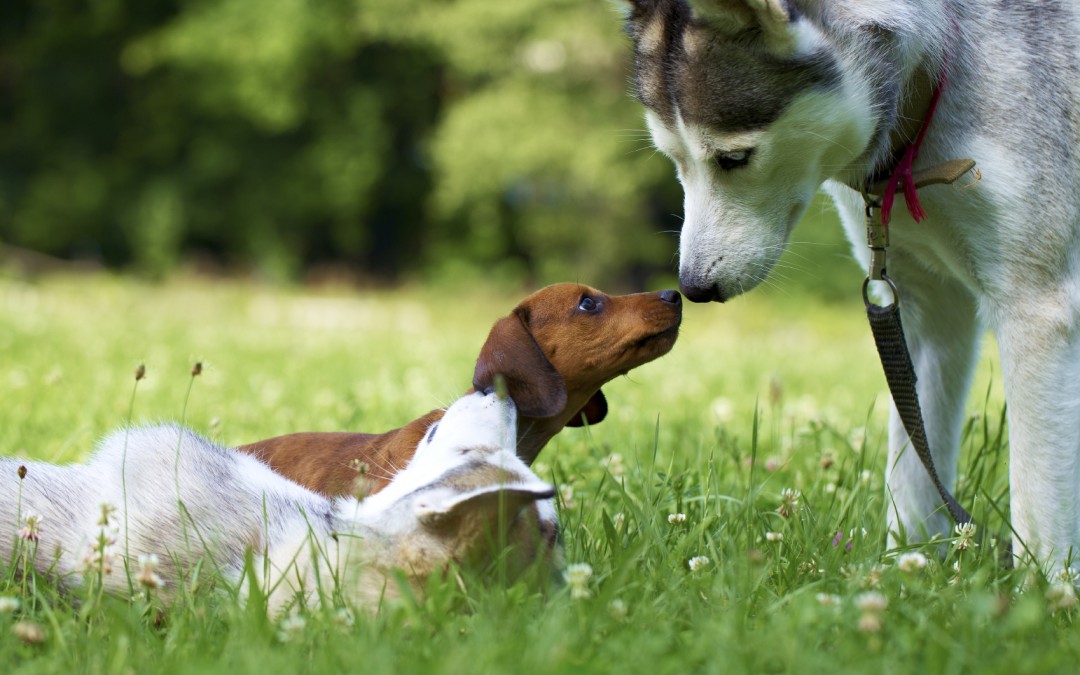Our groomers often get asked to express a dog’s anal glands as part of the grooming process. The short answer is “Yes!” of course we can. Unless they can’t be expressed externally, we’ll be glad to. (We will send you off to the vet if they can only be expressed internally). The long answer is, “Let us help you get to the root cause of your dog’s scooting or licking.” Because, although we are willing and able to do this service for you, we are only resolving the symptom when we do this and over time, routine manual expression will reduce the ability of the anal glands to work on their own. So, let’s talk anal glands!
Dogs have a pair of anal glands located on either side of the rectum, underneath their tail. When your dog poops, the fluid inside the anal glands is emptied, this is true as long as their feces is of normal consistency. Unfortunately, many dogs have irregular or loose stools that do not cause the pressure needed to empty the anal glands.
The most common contributor to anal gland problems is diet. The first thing you can do to help alleviate anal gland issues is to eliminate all grains from your dog’s diet. Grains, including; corn, potato, oatmeal, wheat, rice and soy, are inflammatory and allergenic. The second thing you can do is switch to a novel protein like bison, venison, duck or rabbit; we often find that if a dog is only fed one or two types of protein, they become sensitive or even allergic to it within a few years time. Feeding raw bones, which makes the stools harder (which pushes against the anal glands during elimination, causing regular emptying of the anal glands naturally) is also good. Finally, supplementing with fish oil, probiotics, digestive enzymes or Optigest (a prebiotic made locally in Boulder) can help create firmer stools that will help resolve your dog’s issues with anal glads.
Pumpkin is a wonderful way to increase your dog’s fiber content thus firming up your dog’s soft stools. Just make sure you’re not using pumpkin to mask a diet that is not ideal for your dog. Try changing to a grain-free kibble, dehydrated or raw diet first while, feeding raw bones, and supplementing. Typically, a diet that includes bone content will do the trick for good!
Other causes of anal gland problems include poorly positioned anal glands. Some dogs simply have anal sacs that are located very deep inside their rectum. However, with the exception of tumors and anal gland abscesses, in most cases surgery can be avoided. Many holistic practitioners think that anal glands help the body eliminate toxins. Without the anal glands, detox could be hindered. So try the above recommendations first.
Injuries to the lumbar spine can also cause anal gland issues. When there is an injury, the nerve flow decreases, making the anal gland weak. Try taking a break from Frisbee and fetch as well as sprinting and see if there is improvement. A visit to a chiropractor, masseuse, or acupuncturist can help too.
If you normally have your dog’s anal glands expressed, come in and talk to us about food and supplement choices that could help. Your dog and your groomer will thank you, because, while our groomers will do ANYTHING for your dog, expressing anal glands is a smelly, messy job




